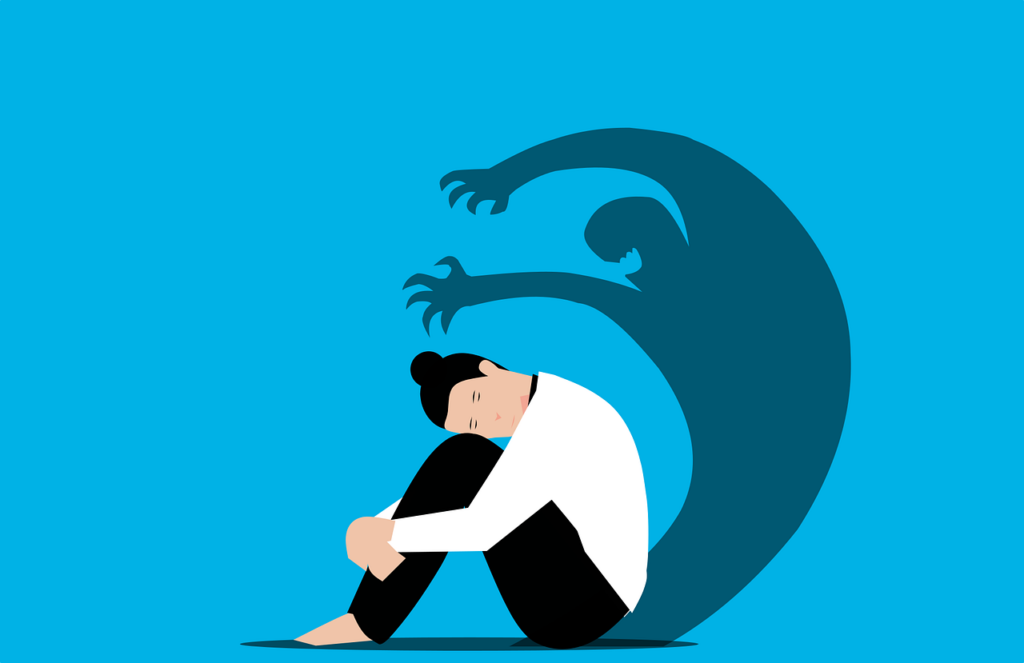Irritable Bowel Syndrome (IBS) is a common yet poorly understood condition affecting the digestive system, often linked with significant psychological distress. Recent research has uncovered genetic links between IBS and mental health disorders such as anxiety and depression. Understanding these connections can help improve diagnosis and treatment strategies, providing relief to millions of sufferers.
Genetic Links Between IBS and Mental Health

A study involving over 50,000 individuals with IBS compared their DNA to that of healthy controls, revealing significant findings. Researchers identified six genetic differences more common in people with IBS, many of which play roles in brain function and nerve supply to the gut.1 These genetic links help explain why IBS is often associated with anxiety and depression, highlighting that these conditions share common genetic origins.
Read More: Woman’s incurable cancer was misdiagnosed as IBS: ‘I wish I pushed back more’
The Prevalence and Impact of IBS

IBS affects about one in ten people globally, with symptoms including abdominal pain, bloating, constipation, and diarrhea. Women are slightly more affected than men, and symptoms typically show up between ages 20 and 40. The lack of a definitive test for IBS means diagnosis often involves ruling out other conditions, which can be a lengthy and frustrating process for patients.
The Psychological Factor

Up to one-third of people with IBS also experience anxiety or depression.2 The presence of these psychological conditions significantly impacts the quality of life and healthcare use. Evidence suggests that psychological symptoms can make gastrointestinal symptoms worse and vice versa, creating a vicious cycle that is challenging to break. An integrated care approach that includes medical management, dietary modifications, and psychological therapy is currently considered the best practice for managing IBS.
Patient Experiences

Laura Tebbs, a 34-year-old from Cambridge, shares her experience of living with IBS and mental health issues. She describes the constant pain and bloating that prevented her from enjoying everyday activities. Initially dismissed by healthcare professionals, Laura found better management under the care of specialists, learning strategies to control her symptoms. Her story underscores the importance of recognizing and treating the psychological aspects of IBS alongside the physical symptoms.
Read More: Fodmaps Diet: If Chronic Bloating or IBS Is Ruining Your Life, Try This
Integrated Treatment Approaches

Effective management of IBS requires a holistic approach. Dietary modifications, such as eating oats, fresh ingredients, and probiotics, can help manage symptoms. Psychological therapies, including cognitive-behavioral therapy (CBT) and gut-directed hypnotherapy, have shown promise in reducing the severity of IBS symptoms and improving overall well-being. Combining these approaches within an integrated care model offers the best outcomes for patients.
Challenges and Future Directions

Despite advancements, treating IBS with co-occurring anxiety and depression presents challenges. The rising prevalence of mental health disorders globally requires a tailored approach to therapy for IBS patients with these issues. More research is needed to refine treatment protocols and understand the most effective combinations of pharmacy, dietary, and psychological interventions.
Conclusion

The link between IBS and mental health disorders is rooted in shared genetic factors, emphasizing the need for integrated treatment strategies. By addressing both gastrointestinal and psychological symptoms, healthcare providers can offer more effective relief to IBS sufferers. Continued research and improved clinical practices hold the promise of better management and quality of life for those affected by this complex condition.
Read More: IBS, Constipation, or Diarrhea? Here’s Why You Might Want to Try Aloe Vera Water

